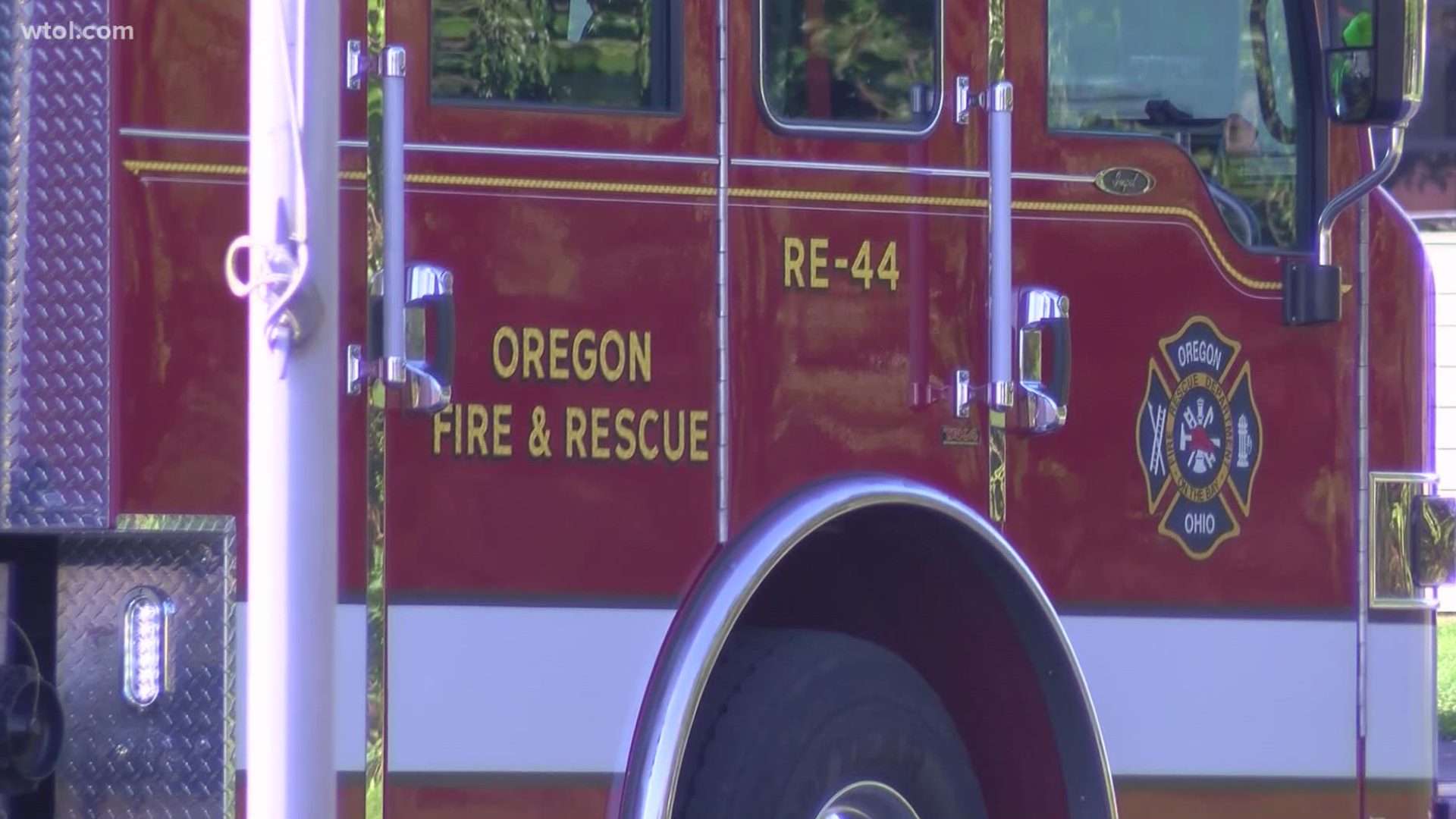OREGON, Ohio — For smaller cities like Oregon, the fire department has always relied on volunteers or part-time on-call workers to be called in when needed. But with call volume increasing every year, the department said that's no longer reliable.
Fire Chief Denny Hartman says the on-call model has run its course. Many part-time first responders have families, other jobs and other obligations and they can't always say yes when called upon.
"We were getting to the point where there were times we were paging people out and there simply was no one available," Hartman said.
So they've switched over to a fully-scheduled staff of full-timers and part-timers, so when you call, someone's always ready to respond right away.
Chief Hartman has over 40 years as a firefighter and started as a part-timer like most. Smaller communities were built on volunteer part-timers but Hartman says with runs increasing every year, they needed more stability.
"Now we have the people on staff ready to go, the minute you call and request a medic unit," he noted, "we have them en route within a minute."
All full and part-time staff are now scheduled and already at the station. Hartman says when he started in the 80s, Oregon saw 700 to 800 calls. This year, they're expecting 4,000.
While it costs slightly more because of benefits paid out, he believes this change is right for the community.
"Our response times are again we're seeing a dramatic improvement in them," he said, "because we got people on the road, they don't have to come and get the rigs, they're in the rigs and ready to go."
They still will request more part-time help with general alarms for big structure fires, major accidents or other calls that require more manpower. But they no longer have to rely on that model.
In the past three years, they've gone from 15 to 28 on staff and Hartman says the faster response times show it's working.

